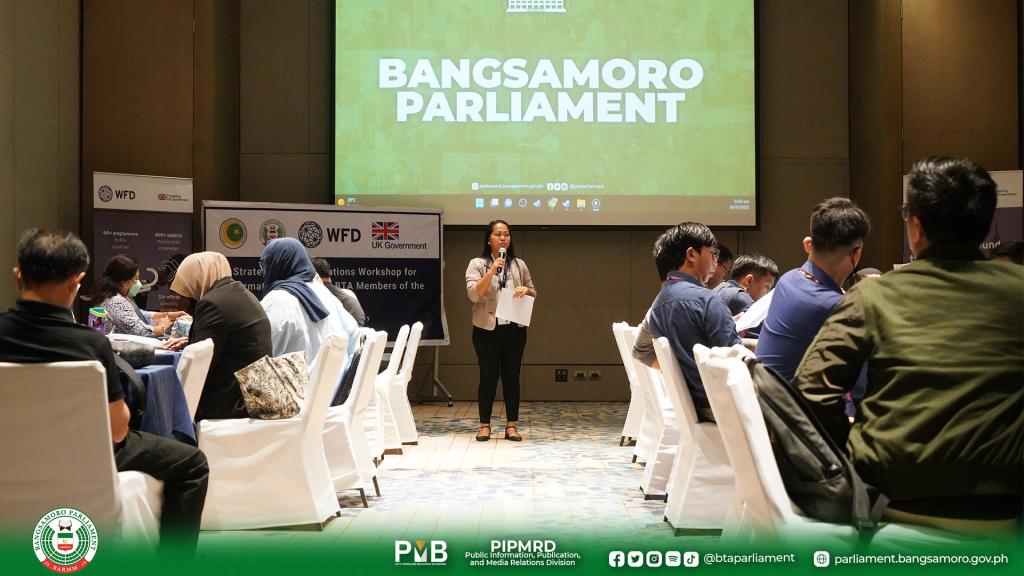This technical report will be of particular value to practitioners working on democratic assistance and the development of programme-based political parties.
In many contexts, political parties do not compete primarily on the basis of distinct and credible policy platforms. Rather, they mainly appeal to voters by highlighting the personal qualities of party leaders, engaging in clientelism, or activating identity-based social cleavages. These forms of political competition are often associated with weaker service provision, fragility, and political violence. Therefore, supporting the development of programmatic political parties – that is, political parties which try to appeal to voters on the basis of a clear set of realistic policy positions – is often a priority for local and international partners. This report provides an overview of some of the common approaches that international partners have taken to supporting the development of programmatic parties, together with some of the lessons that have been learned from these initiatives.




